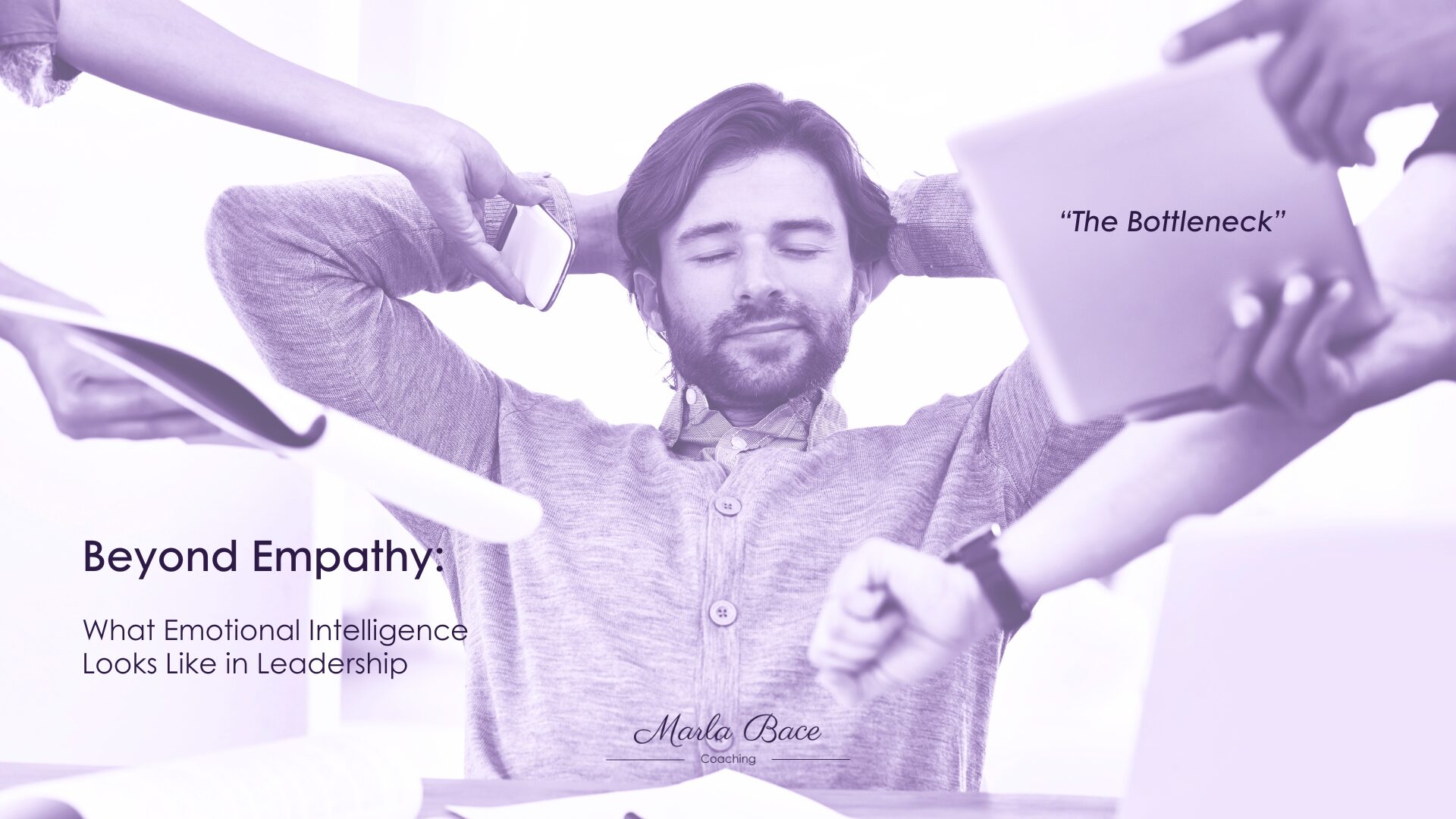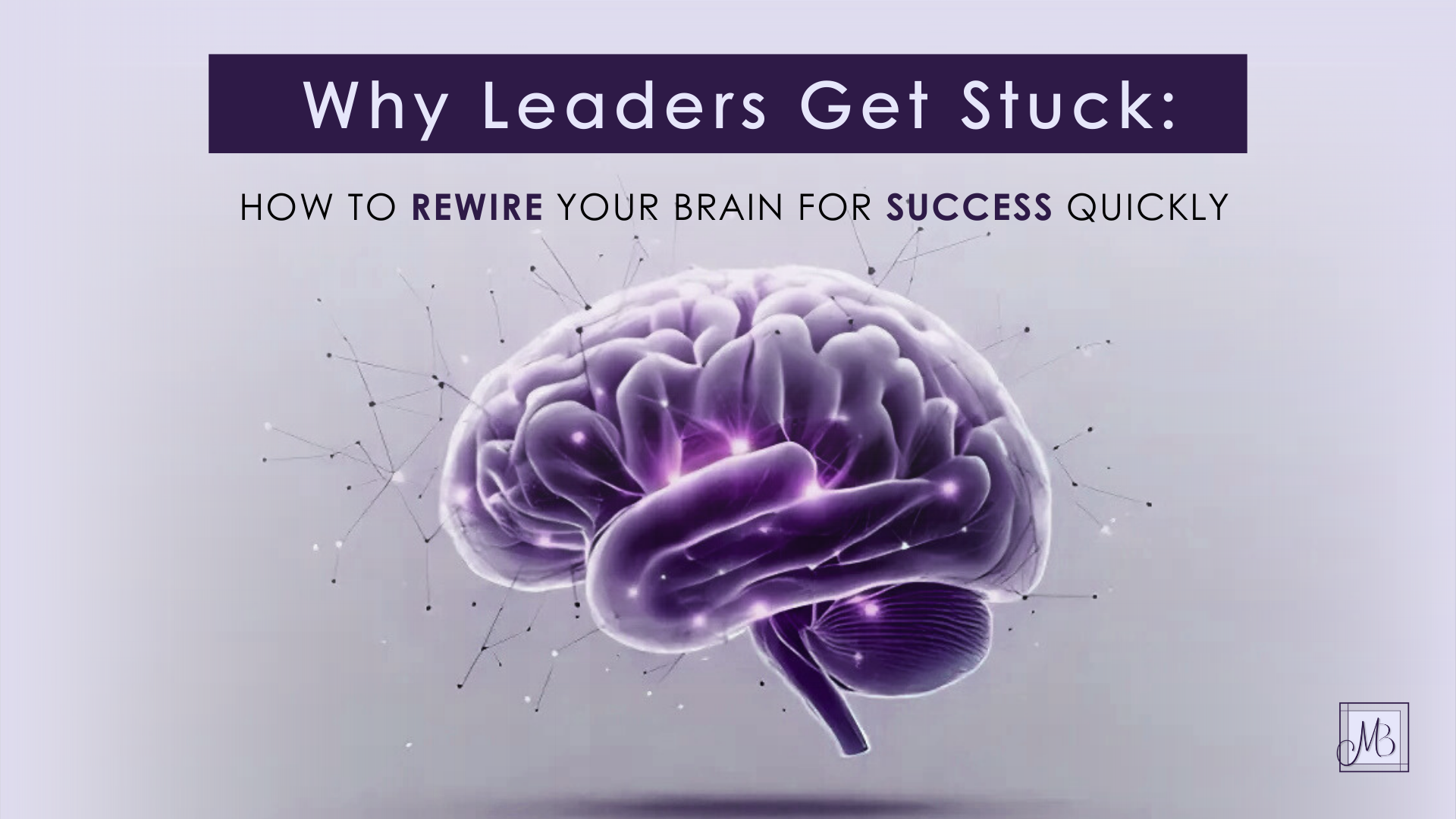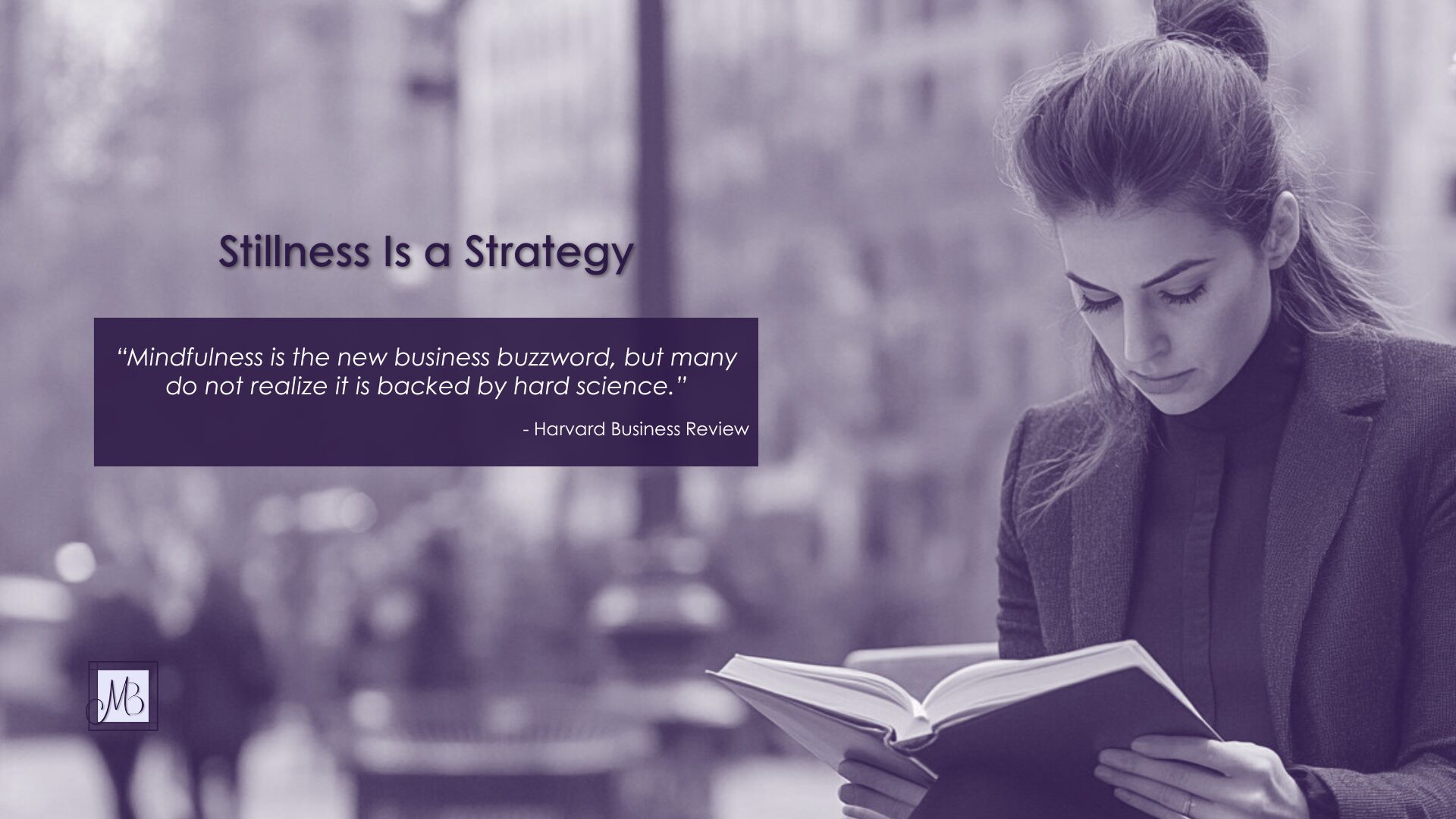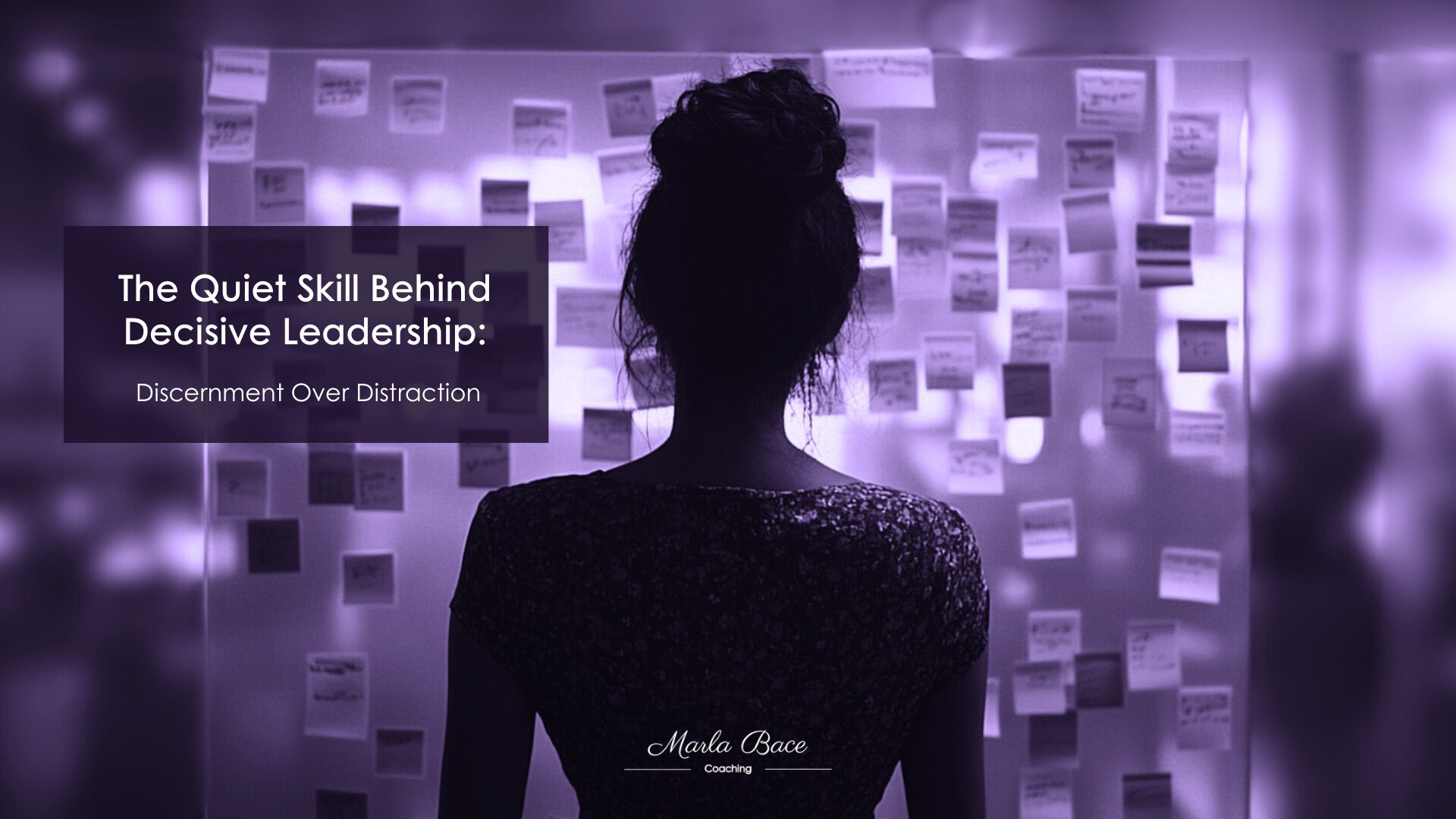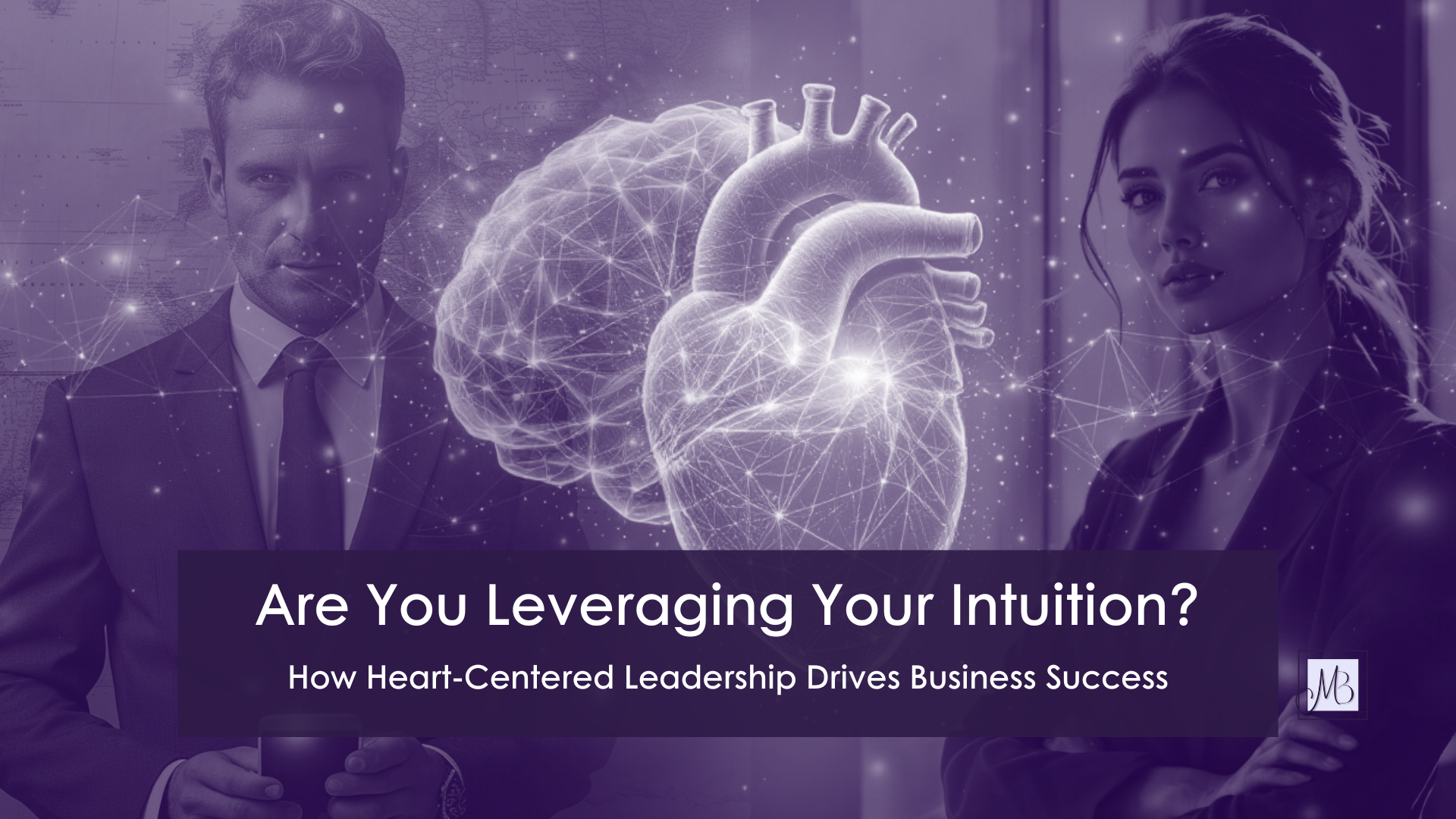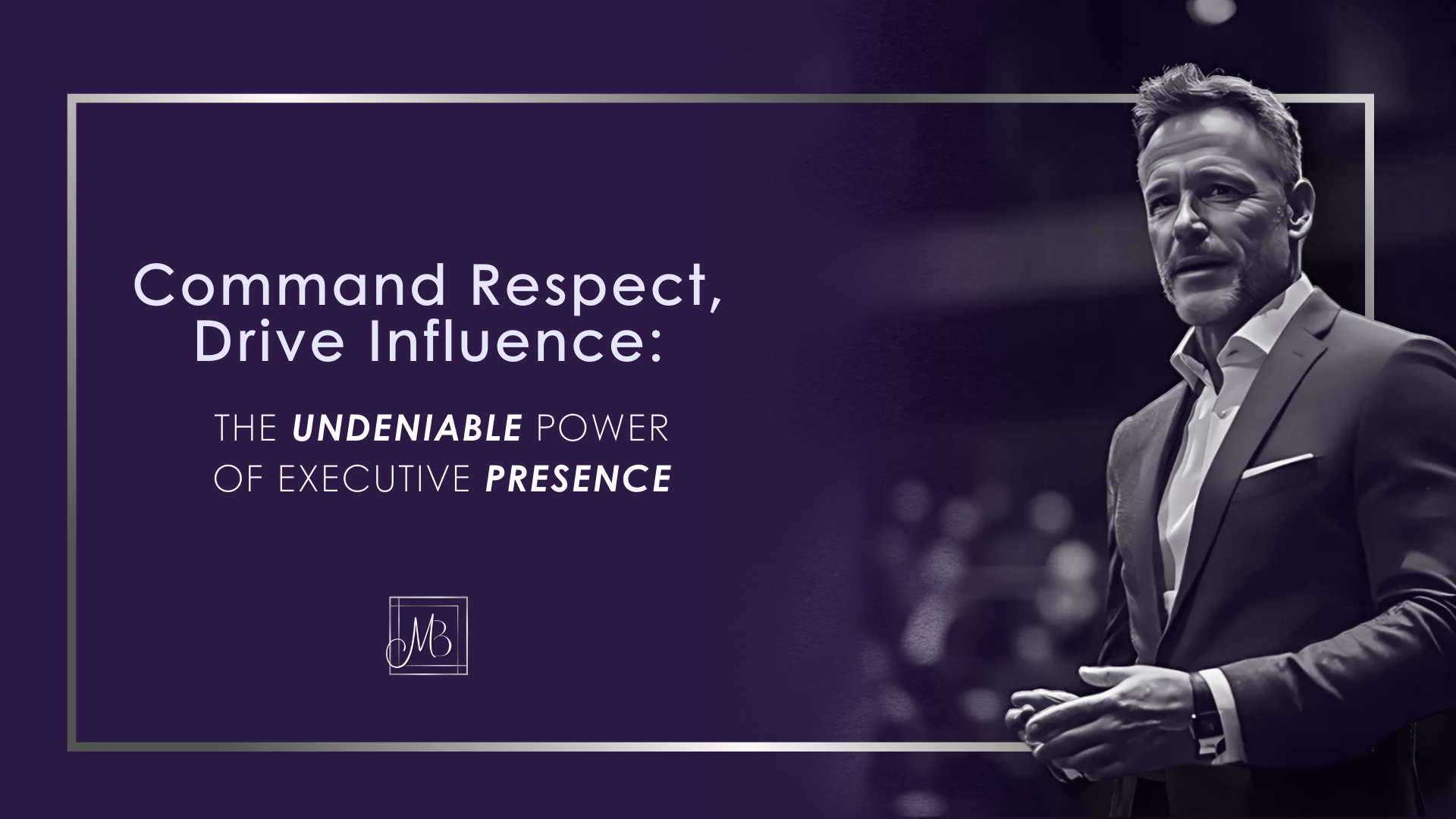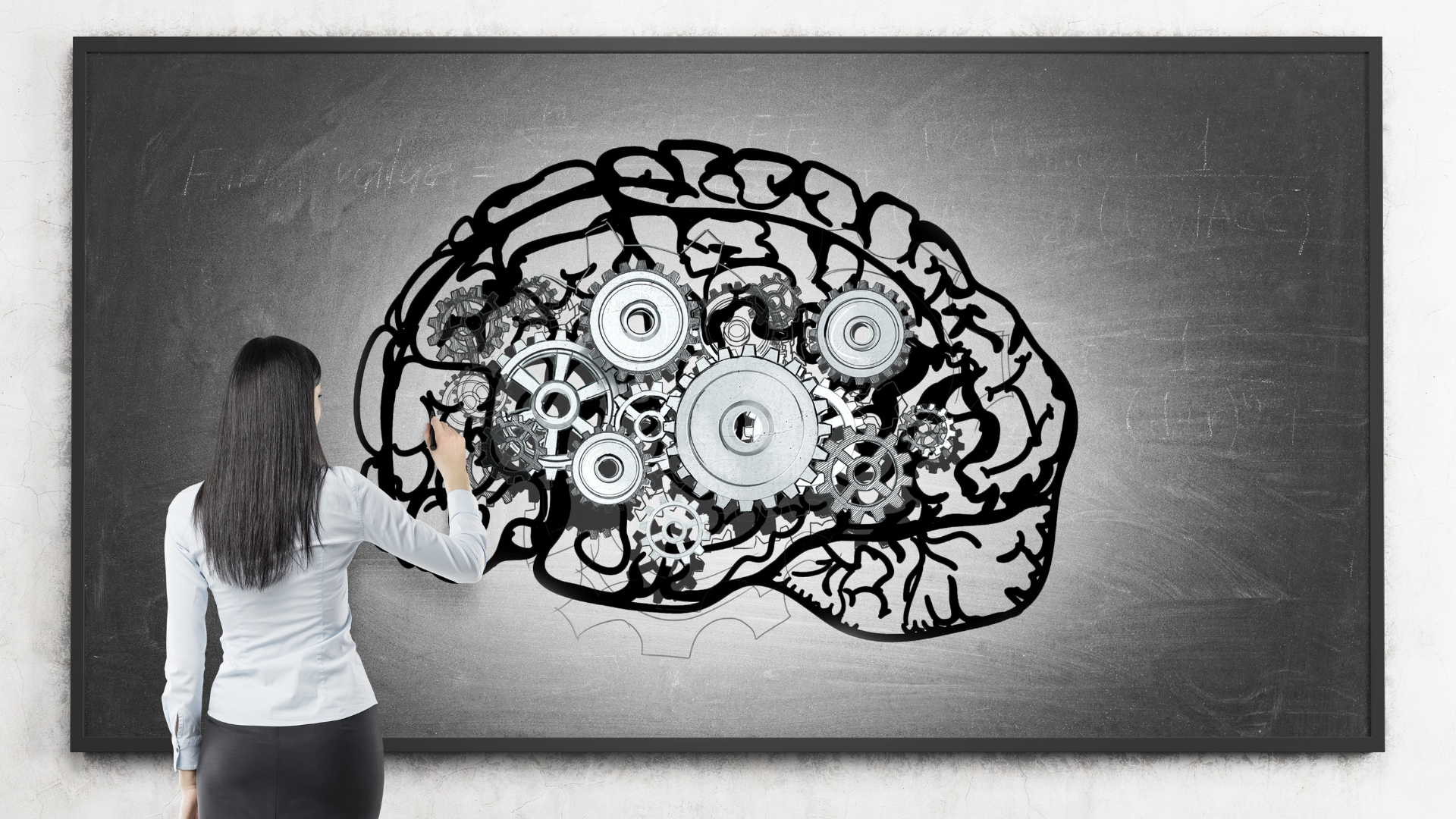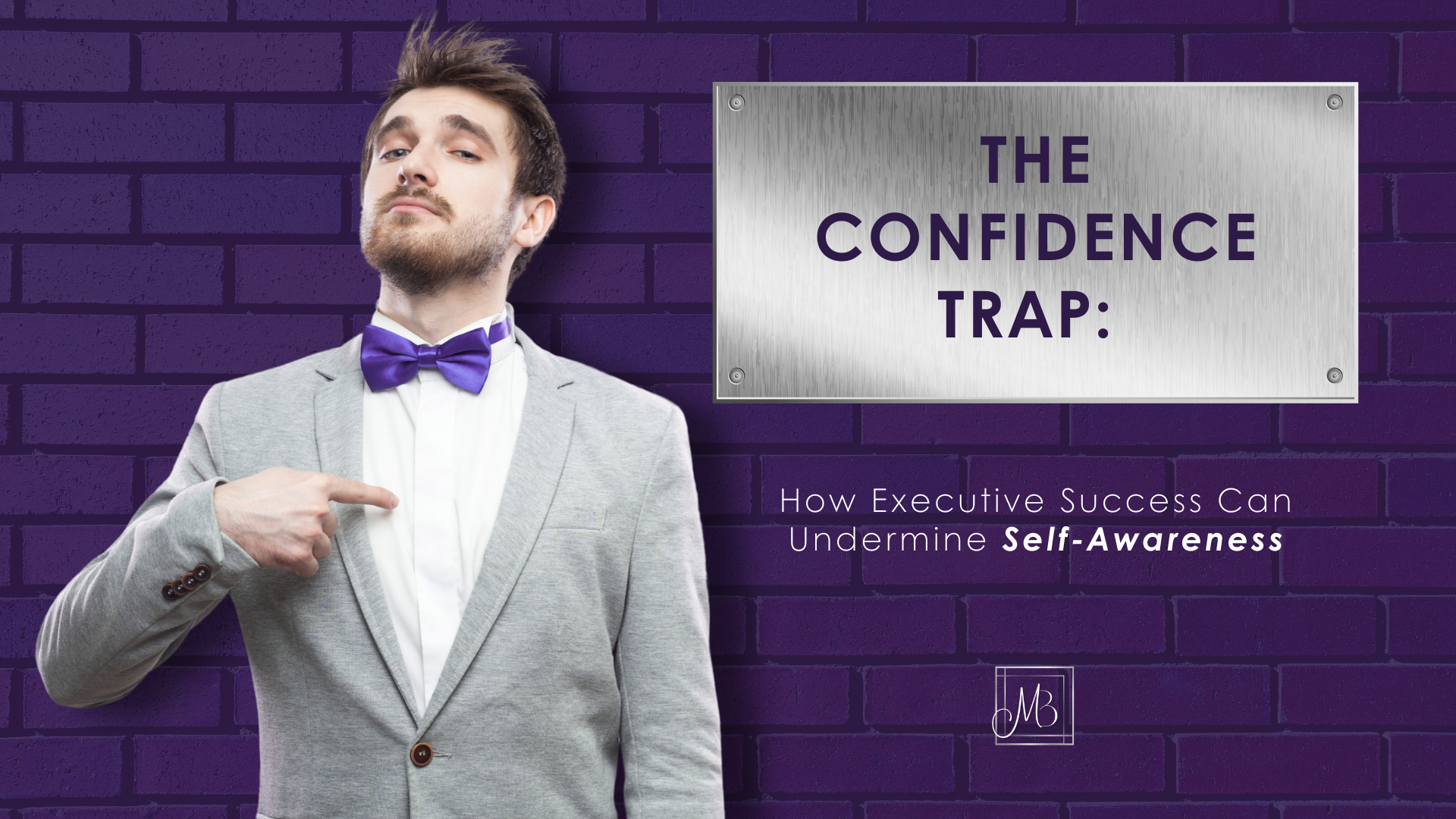The Blind Spot That Could Be Undermining Your Emotional Intelligence
We’ve all had moments where we walk away from a conversation, a decision, or a team meeting with a vague feeling that something was off. Sometimes we name it—regret, shame, or anger. These feelings often link directly to our emotional intelligence, an aspect we may overlook when we default to logic or habits.
Sometimes we shrug it off. But more often than we realize, what’s at play is something we didn’t see coming—because we didn’t see it at all.
Emotional Intelligence Meets the Invisible: Understanding Blind Spots
Blind spots aren’t flaws. They’re often overused strengths, outdated instincts, or unconscious beliefs. These subtle, sneaky saboteurs shape the stories we tell ourselves—and the ones people tell about us when we leave the room.
Whether you’re a seasoned leader or a rising talent, blind spots are a universal truth. The real question isn’t if they exist, but whether you’re willing to see them… and sharpen your emotional intelligence by doing so.
Emotional intelligence is your leadership edge. Are you honing yours?
The Cost of Unseen Behavior: Why Emotional Intelligence Matters
Blind spots don’t announce their presence. They masquerade as productivity, confidence, and even expertise. That’s what makes them so tricky.
- A partner who monopolizes meetings without noticing
- A founder who avoids delegation because “no one does it quite right”
- A leader who deflects feedback with a polite smile and a “Thanks, but I’m good”
Unchecked blind spots create more than internal friction—they unravel emotional intelligence in action. Think: missed opportunities, unspoken tension, disengaged teams. But the cost isn’t just professional. It’s personal.
Emotional intelligence isn’t just a soft skill—it’s a survival skill in leadership.
Where Blind Spots Hide: The Emotional Intelligence Roadblock
Most blind spots aren’t dramatic. They hide in everyday reflexes:
- The moment you interrupt “just to clarify”
- The urge to fix instead of sit with discomfort
- The assumption that silence means disapproval
- The quick yes to avoid conflict
- The over-preparation masking fear of being challenged
These patterns live in three places: overused strengths, fear-based assumptions, and outdated beliefs. And if you’re not examining them, they’re eroding your emotional intelligence silently.
Remember that oft-cited Harvard Business Review stat? 95% of people think they’re self-aware, but only 10–15% actually are. That’s not just shocking—it’s proof of how emotional intelligence often gets overestimated.
Coaching Case Study: The Quick Yes That Cost Her Energy
One client recently shared a recurring issue: each time someone left her company, she was expected to take on their responsibilities. She promised herself she’d set boundaries… but each time, she said yes.
That’s the blind spot: the “quick yes” disguised as being a team player.
The deeper truth? It wasn’t a lack of skill. It was an emotional intelligence gap—one rooted in avoidance and approval-seeking.
Naming the pattern was the first step. Practicing a new response was the real power move.
How to Strengthen Emotional Intelligence by Surfacing Blind Spots
1. Interrupt the Pattern
Most blind spots operate on autopilot. The key? Catch the moment you want to dismiss, defend, or double down. That’s your clue.
Instead of: “That’s just how I work.”
Try: “What am I protecting by holding onto this?”
That pause is the pivot—from reaction to emotional intelligence in motion.
2. Upgrade Your Feedback Circle
Emotional intelligence thrives on truth—especially the kind that stings a little. Generic praise won’t cut it. You need insights from people who’ve seen you at your best and your most reactive.
Ask them:
- What do I do that shuts down conversations?
- Where might I be limiting my growth?
- What’s something you see that I might not?
This isn’t about criticism. It’s about clarity—and that’s emotional intelligence gold.
3. Track the Trigger
Tension. Defensiveness. That pit in your stomach. It’s trying to tell you something.
Write down the next time a situation stirs something up. Who was involved? What was said? What did it mean to you?
Often, what feels like someone else’s issue is really a clue to where your emotional intelligence needs strengthening. In Neuro-Linguistic Programming (NLP), this is where anchoring helps—connecting a trigger to a different, deliberate emotional state.
First: name it.
Then: choose a new response.
That’s not just self-regulation. That’s applied emotional intelligence.
From Awareness to Action: Your Emotional Intelligence in Practice
Awareness alone won’t erase blind spots. It’s the follow-through—the practice—that builds emotional intelligence muscle.
You don’t need to be flawless. You need to be open:
- To hearing without defending
- To seeing without flinching
- To choosing different, even when it’s uncomfortable
Leaders with strong emotional intelligence don’t just ask smart questions of others. They ask braver ones of themselves.
When You’re Ready to Go Deeper
Your blind spots don’t mean you’re broken. They mean you’re human.
But here’s the thing: you can’t shift what you won’t name. And you can’t grow what you won’t face.
Embracing your blind spots is the ultimate emotional intelligence flex. It’s the beginning of real self-awareness—and the reason others trust, follow, and stay engaged with you.
If you’re ready to strengthen your emotional intelligence, start by taking my Self-Awareness Quiz.
It’s fast. It’s clear. And it might just show you what you’ve been missing.
Because the truth?
You can’t lead others if you’re not willing to lead yourself.
Ask Yourself:
What are you pretending not to notice about yourself?
Sources:
Harvard Business Review





